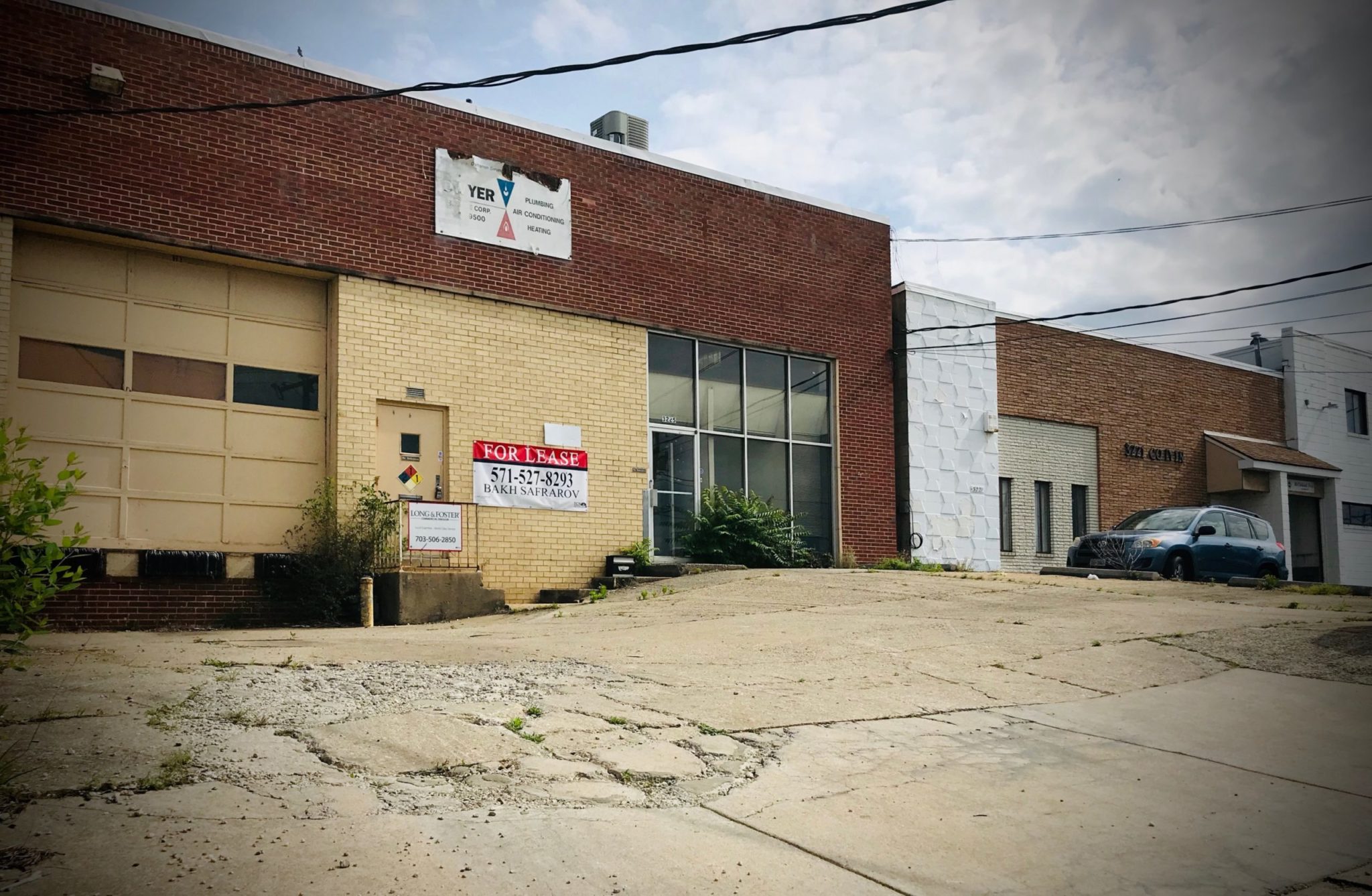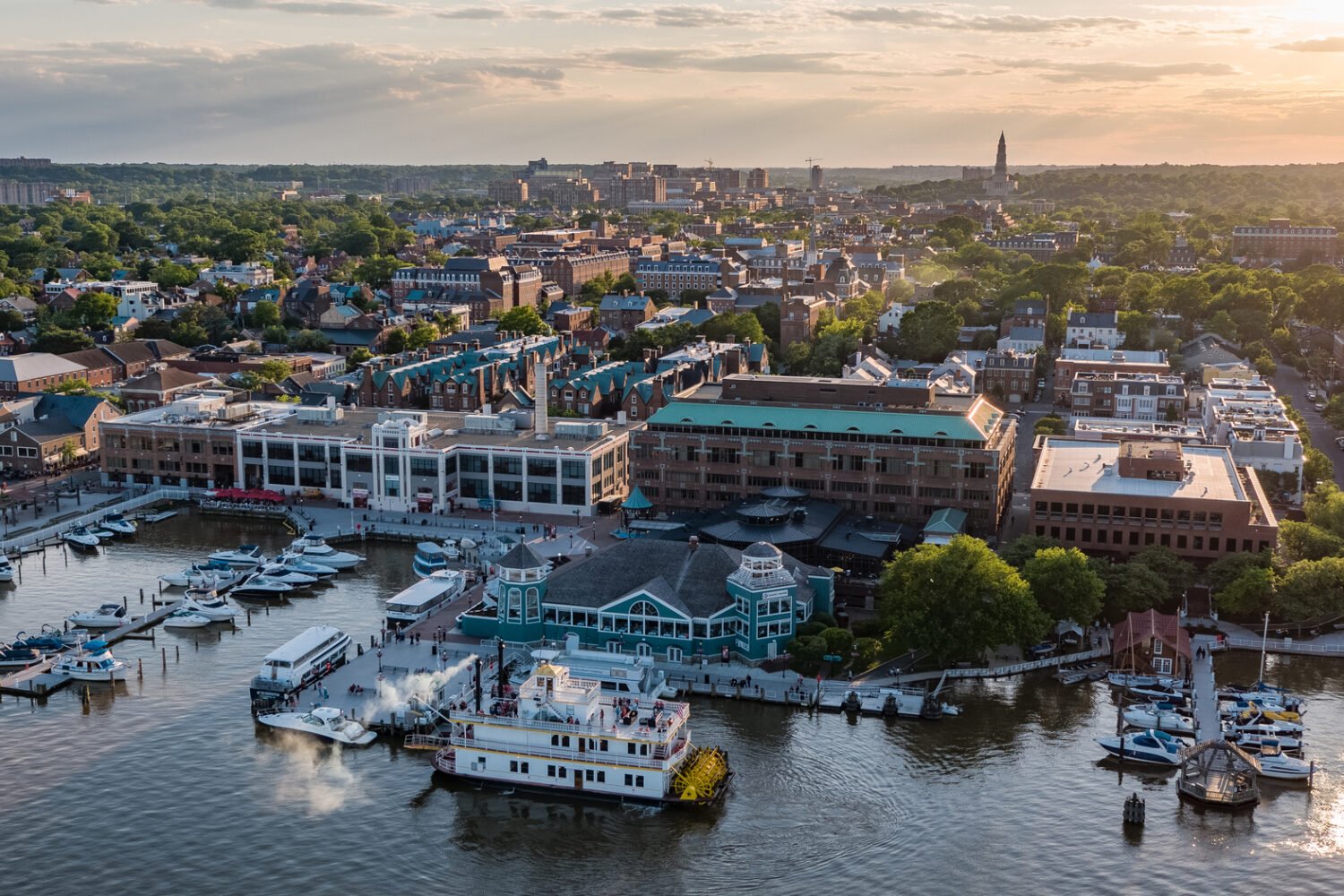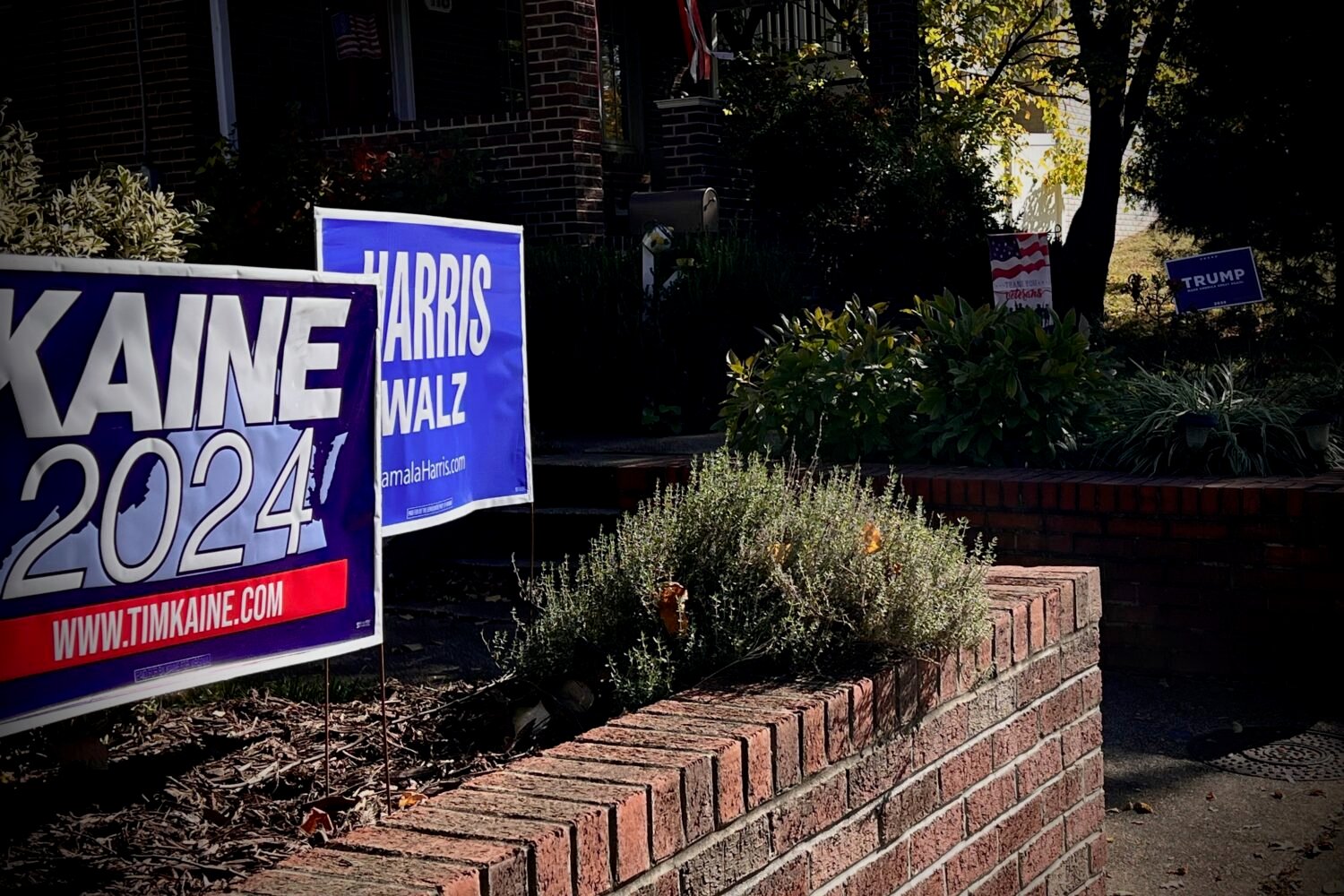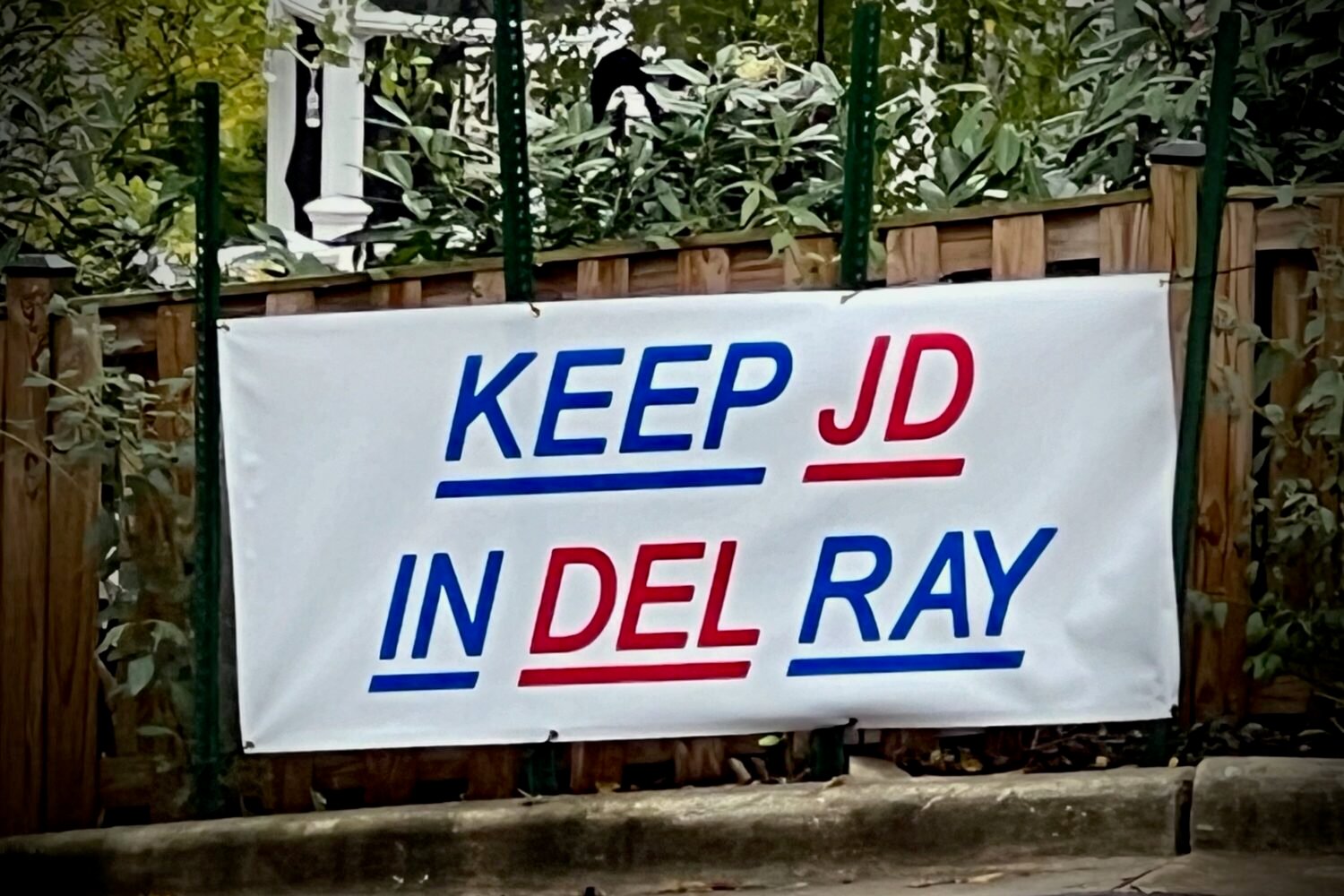In March a proposal to open a halal chicken butchery in an industrial area of Alexandria attracted opposition from some nearby business owners as well as from some dog owners. The Alexandria City Council approved the permit anyway, adding conditions about controlling odors and making deliveries of live chickens at night. Now some of the people who opposed the butchery have filed a complaint in Alexandria Circuit Court that says the decision was made on faulty grounds and should be reversed.
The complaint, obtained by Port City Wire, calls the DC Poultry Market an “extreme agricultural land use for a densely populated urban setting.” Elizabeth M. Seltzer, the attorney for the plaintiffs, says via e-mail that the thrust of the complaint is “the City’s and City Council’s failure to properly and fairly apply the zoning laws when it reviewed and approved a slaughterhouse that will house live poultry for onsite slaughter causing substantial negative impact on surrounding businesses, property owners and residents, including, but not limited to, environmental impacts to air and water, health impacts and a widespread decrease in property values.”
While saying he tries to avoid commenting on pending litigation, Alexandria Mayor Justin Wilson tells Washingtonian, “I believe the decision Council made was the correct one on the policy and the law, and I’m hopeful that any litigation will be quickly resolved with minimal cost to the taxpayers.”
The plaintiffs include some neighboring businesses as well as some people who live in the general area—though there are no residences nearby, and two of the plaintiffs live almost a mile-and-a-half from the site. “These are individuals who have standing to object to, and do object to, the proposed use and the failure of the City and City Council to properly approve it,” Seltzer says.
In addition, the plaintiffs argue that the city did not provide enough notification that it was considering the poultry market’s application and say the council voted in favor of the business because it did not want to be accused of religious bias.
Alexandrians are, as usual, taking full advantage of opportunities for public comment. Back in March, an Alexandria Times letter-writer likened the business to the city’s history of “slave auctions“; some commenters on a recent online petition against the business expressed opposition to meat altogether: “killing animals is murder,” one wrote. “One million species going extinct – factory farming is cruel beyond belief and horrible for the environment #govegan,” wrote another. More than 1,000 people have signed the petition.
Sandy Modell is the owner of Wholistic Hound Academy, which is located a block-and-a-half away from the poultry market site. She’s also an organizer of the petition and the voice of a group called the Alliance for a Slaughter-Free Alexandria. Despite promising this litigation in a May 8 update to the petition, Modell is not a plaintiff, nor are any of the dog-related businesses located closer to the site. “I am not a plaintiff, but I have been deeply involved,” Modell tells Washingtonian in an e-mail in which she says DC Poultry Market “just doesn’t fit in on Colvin Street.” That’s not a reflection of this being a halal butchery, Model writes: “It is totally the point that any slaughterhouse does not belong right in the middle of the city of Alexandria and certainly not on Colvin. It is just not compatible with the established businesses in the neighborhood, some of which have been here for decades.”
“The word slaughterhouse is bigger than what it is,” DC Poultry Market owner Abdul Mused says about the business when reached by phone. The shop will have three to five employees, and he expects 30-40 customers over the course of each 12-hour business day. Asked about neighbors’ parking concerns, Mused notes that a car-repair shop and auto sales business operate next door, and says those involve a lot more vehicles than his business will ever see.
Indeed, the market is not planned for one of Alexandria’s garden spots. Colvin Street is a somewhat forlorn light-industrial landscape. The site where Mused plans to open the market sits directly across from the city’s Household Hazardous Waste and Electronics Recycling Collection Site, which was a tad ripe when Washingtonian visited on a breezy and cool May morning. Businesses like tire shops, a fire-extinguisher service facility, a collision shop, two more dog businesses, and more small auto-sales businesses are located nearby. There were few people around that weekday morning. Someone wearing the uniform of one of the dog businesses took a pooch for a stroll; a couple of cars dropped stuff off at the hazardous waste site. I walked past a signpost with roll of poop bags attached to it by a zip tie.
But other businesses have also arrived nearby, including two barbecue restaurants, a gym, and a pizza restaurant whose opening date remains unclear. One of the plaintiffs is a bakery. The poultry market site is a block from busy Duke Street.
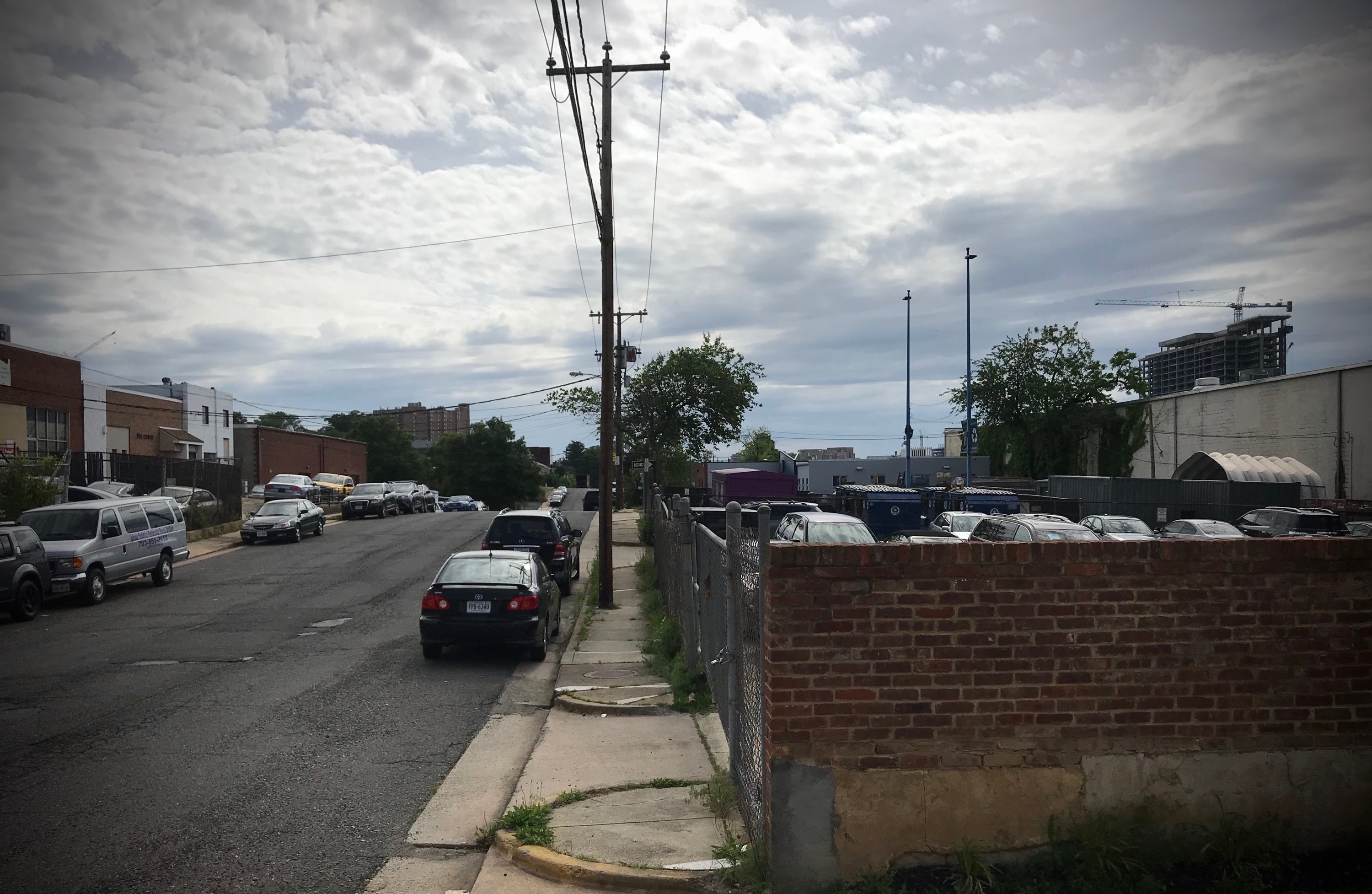
Vice Mayor Elizabeth B. Bennett-Parker voted against the permit, saying she had visited a site Mused’s company operates in Philadelphia and had spoken by phone to neighbors of the company’s other sites—it operates 14 around the country and plans to have 24 open by the end of 2019, Mused tells Washingtonian—and that most complained about smells coming from the facilities. “The smell is unbearable in the summer and bad in the winter,” Bennett-Parker said one person told her. Another complaint: Sometimes animals got loose.
Mused says that since 2016 all his company’s new facilities include freezers for their garbage, and that he plans to use the ductwork installed by a previous tenant as part of a odor-control system that will vent through the roof. You will smell chicken when you go in, he says, just like “When you go to McDonald’s, you smell french fries.”
The cost of this litigation may linger longer than the chicken smells. The city nearly $1 million in legal fees fighting a similar complaint by people who opposed the relocation of a French restaurant before the business owners gave up. Alexandria’s budgets have tightened considerably in past years, and much of its infrastructure, including schools and city buildings, is in disrepair. In 2016, the city’s Department of General Services estimated it would need $80 million just to keep city buildings at a grade of “C.”
“The Alexandria City and its Council should answer to its citizens for improper and unlawful decisions,” Seltzer says. “If the cost is too high to bear, voters should take that into account during the next election cycle.”
Mused says his plans haven’t changed, and that he’s already making improvements to the building. He expects to open the poultry market within the next 45 days.
This story was updated at 4:20 PM with a response from Sandy Modell.

